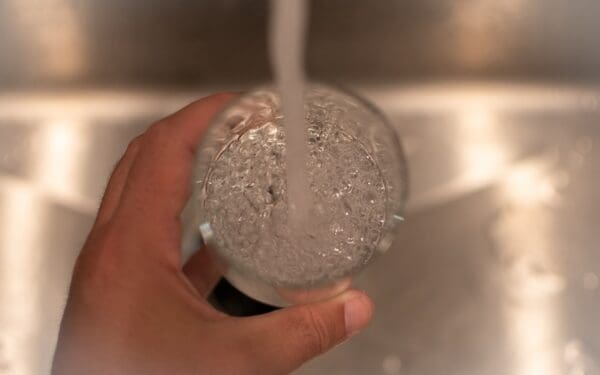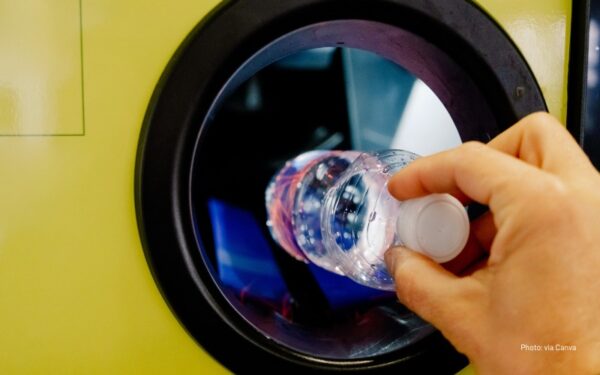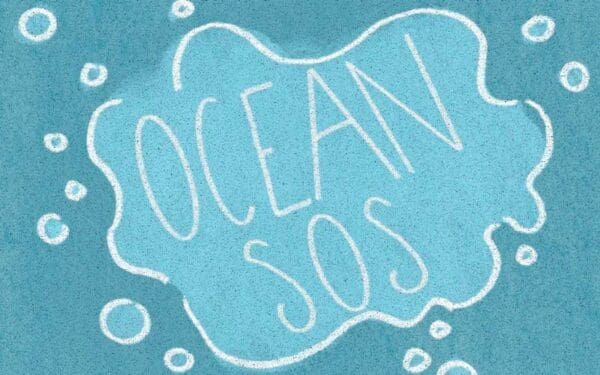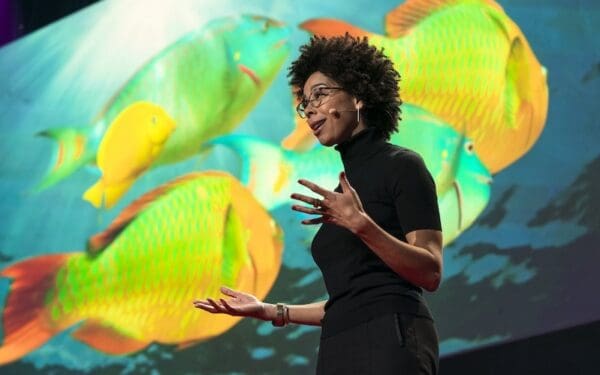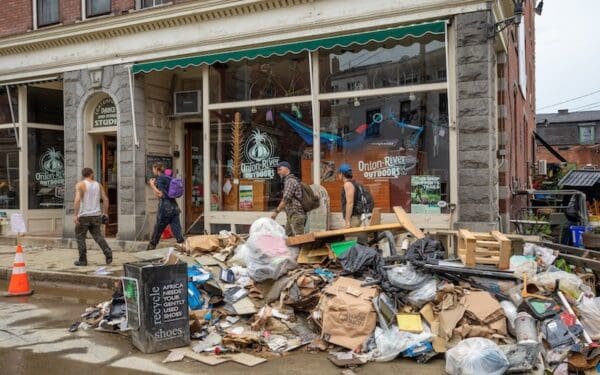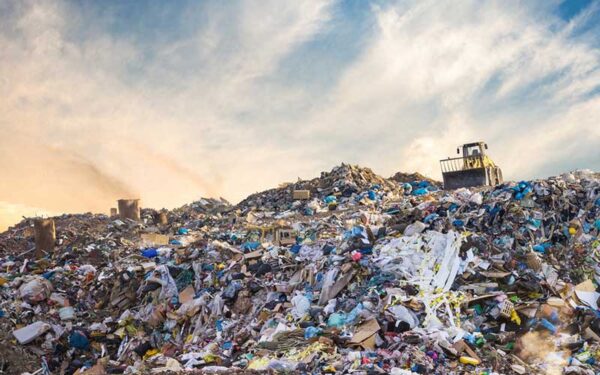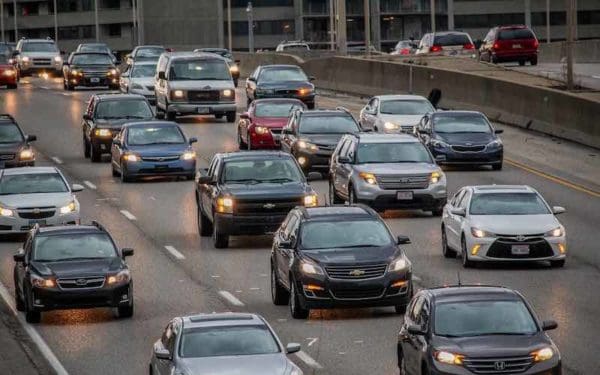Jul 17, 2025
Our homes are rife with PFAS. Even though chemical companies have known for decades that forever chemicals are toxic to humans and don’t dissolve once out in the world, they’ve resisted eliminating them because, well, they’re profitable.
Jul 09, 2025
Across regions, people are standing up for their health, culture, and environment – pushing back on unjust waste infrastructure and reclaiming power over their communities’ futures. In Old Town, Maine, and New Bedford, Massachusetts, residents are confronting a familiar pattern – and showing what it takes to break the cycle and build lasting change.
Jul 07, 2025
How does your state stack up in this report card? Could your elected officials be doing more to cut litter and keep bottles out of landfills?
Jul 03, 2025
Via a cartoon, a seal and a turtle explain what’s causing plastic pollution in the ocean and who’s responsible.
Jul 02, 2025
CLF President Bradley Campbell recently spoke with Ayana Elizabeth Johnson about environmentalism in the age of Trump. We’ve excerpted portions of their conversation.
Jun 25, 2025
As the pace of natural disasters picks up, stunned communities ask themselves: How do we clean up from this? While there’s no easy answers, we need to take a more systematic approach to natural disasters.
Jun 24, 2025
Guest author Wilson Haims explores how wild spaces like Cashes Ledge can expand people’s perspectives
Jun 19, 2025
Conservative media and even some conservation spaces want you to believe that Black people don’t care about the environment, nor do they vote for the environment. I find that ironic, considering I was raised by farmers and environmentalists on both sides of my family. They cared about taking care of the environment because it was the only thing they had.
Jun 17, 2025
This bill allows Casella to yet again fill the landfill with other states’ construction waste, creating toxic garbage juice that ultimately flows into waterways, like the Penobscot River, and puts people at risk.
Jun 17, 2025
This failure keeps us stuck in the same polluting patterns that harm our health, our wallets, and our communities.
